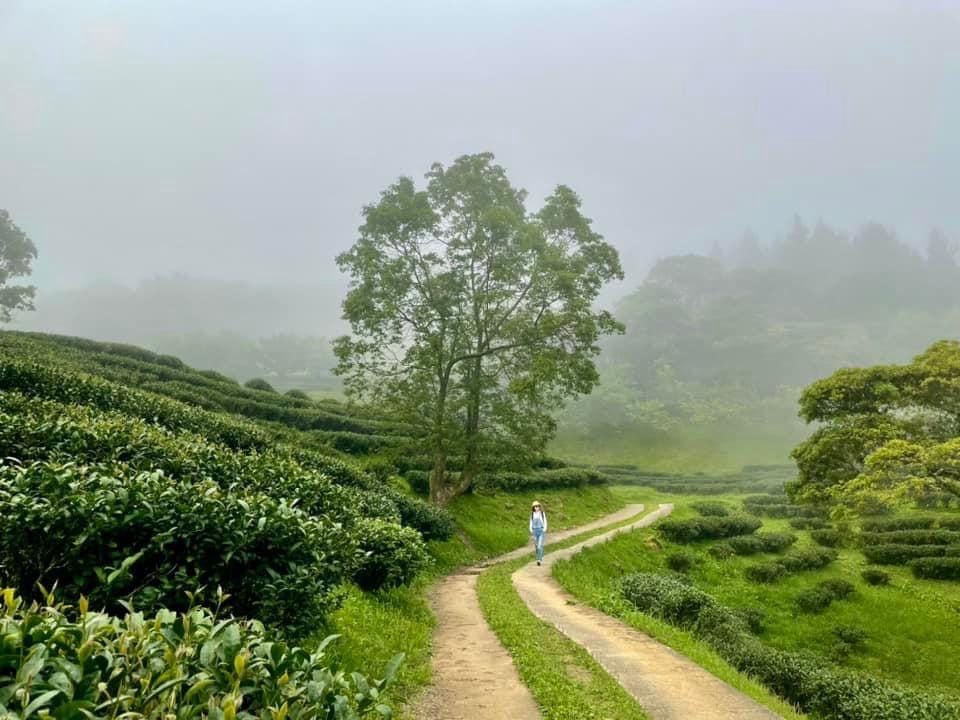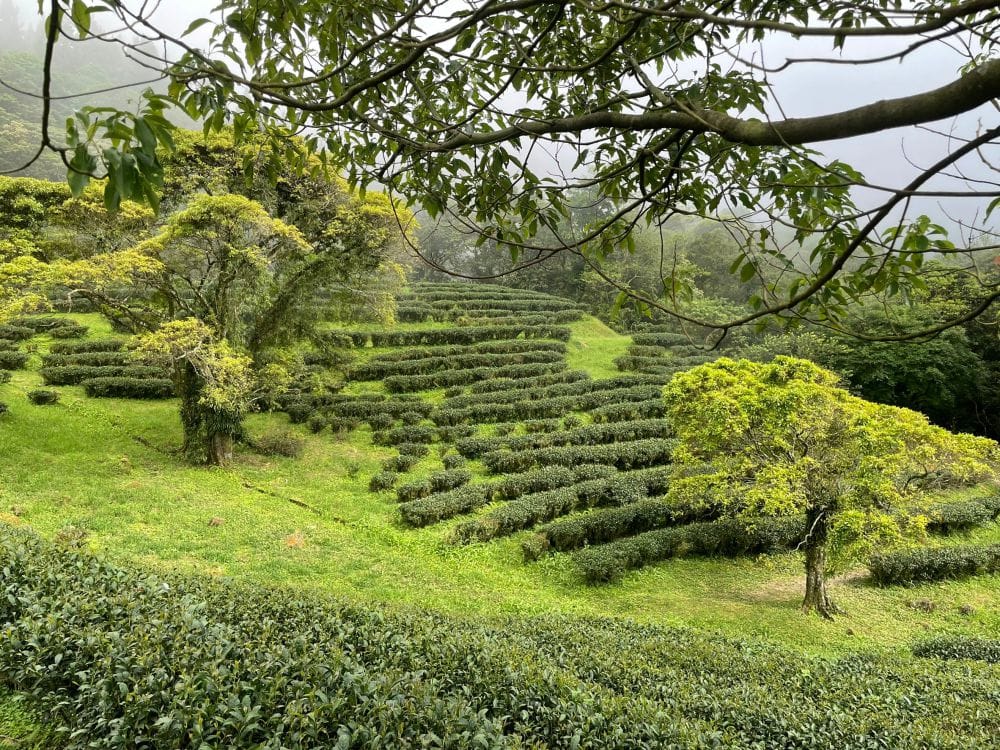
Xiongkong Tea Garden is a popular weekend tourist spot. In March, my family visited the Xiong Sakura Forest to see spring cherry blossoms. Despite the light rain, we set off on the journey. The tea garden, nestled in the deep mountains of Xiongkong, felt secluded and refreshing
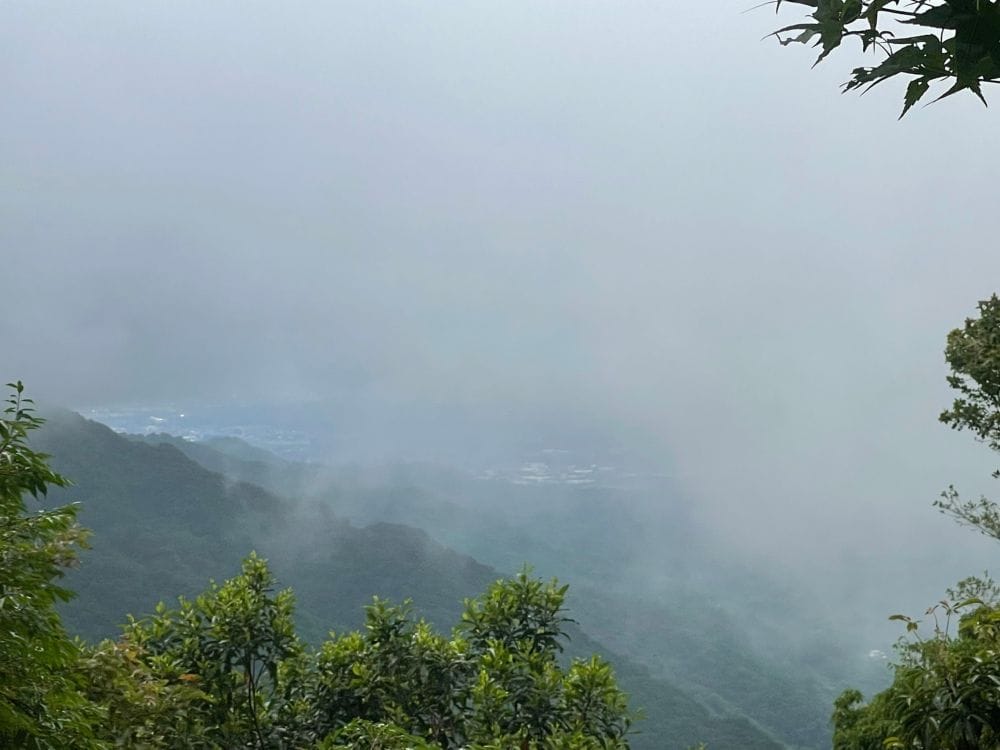
Despite its modest elevation, the landscape along the way resembles that of a high mountain. The sky alternates between misty veils and brief glimpses of sunlight. The fog plays a mysterious and ever-changing game throughout the journey.
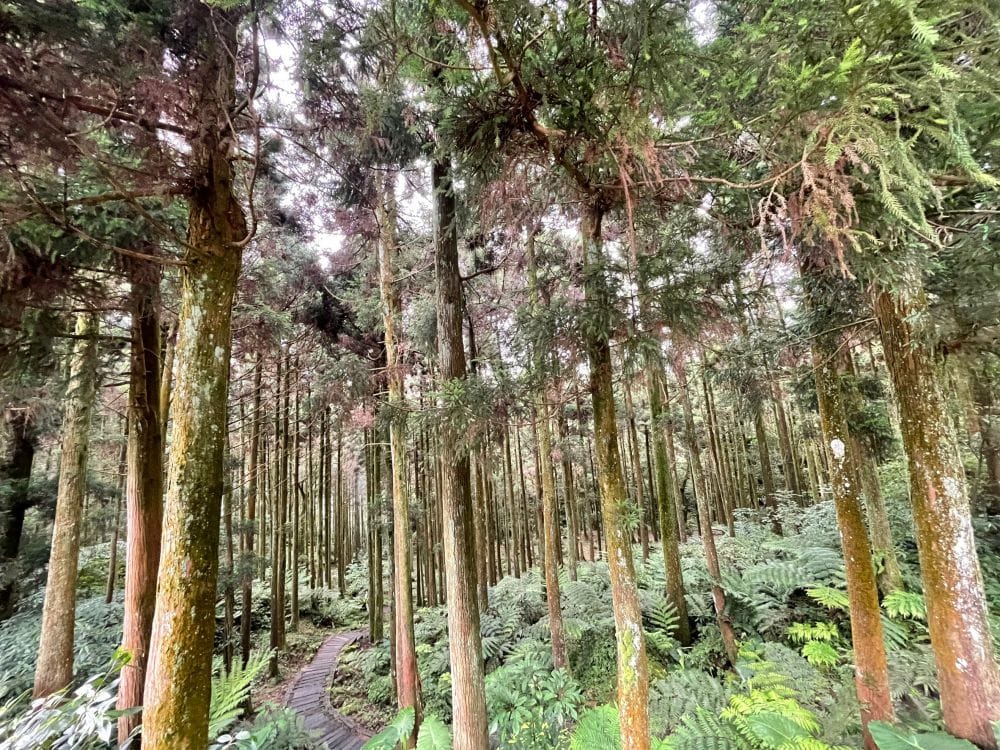
“Xiongkong Tea Garden,” nestled amidst the mountains of Sanxia in New Taipei City, covers 168 hectares and sits at an elevation of 700 meters. This enchanting organic tea garden, with its rolling hills and lush valleys, captivates urban dwellers. Managed with care by Taiwan Forestry, Xiongkong spans an area equivalent to seven Da’an Forest Parks. Throughout the changing seasons, visitors can experience a variety of stunning landscapes at this hidden gem. 🍃
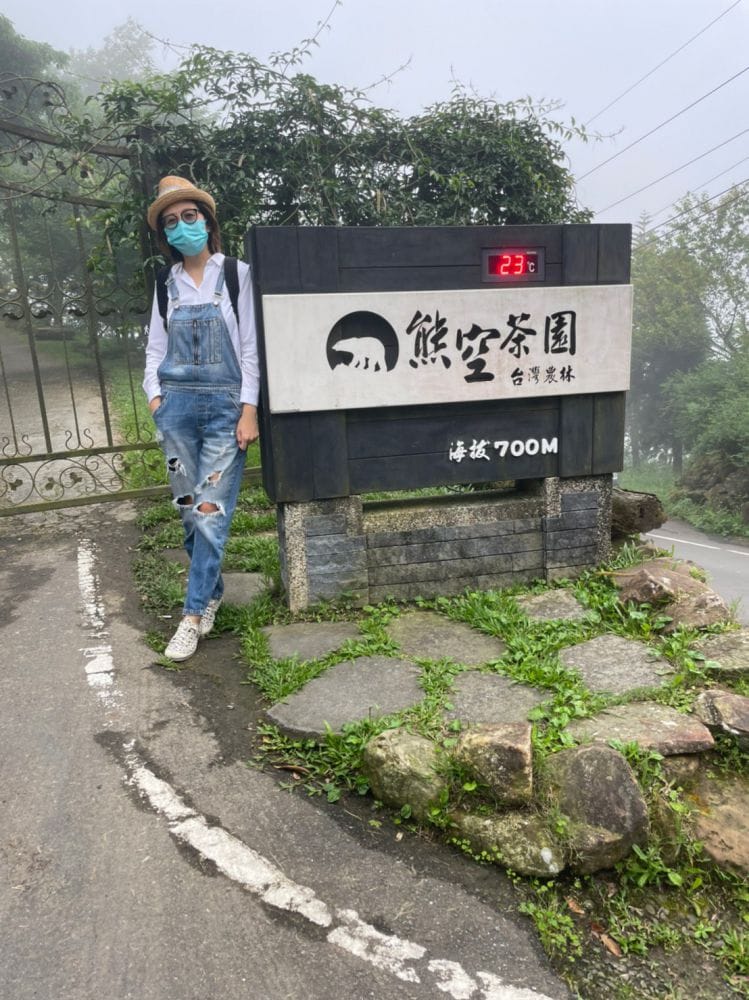
Nestled amidst the mountains of Sanxia in New Taipei City, covers 168 hectares and sits at an elevation of 700 meters. It’s approximately a 30-minute drive from Sanxia Taipei University, and along the way, you’ll find several mountain trails where you can enjoy outdoor exercise.
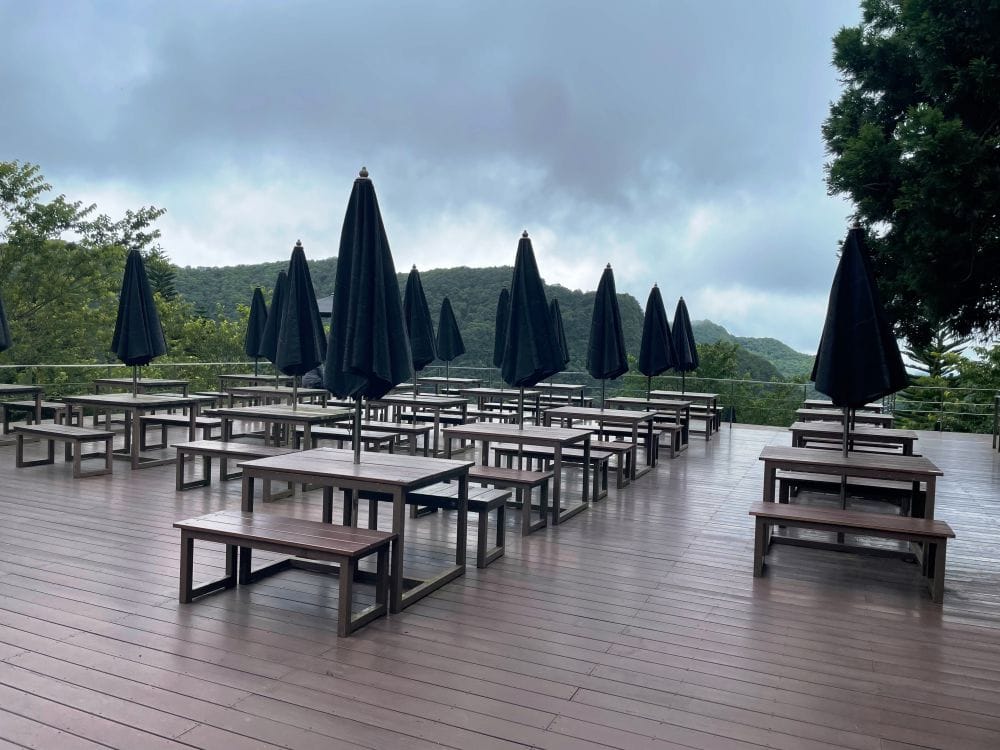
Xiong Kong Tea Plantation has a must-visit spot: the observation deck. No ticket needed! Enjoy the view, take photos, and grab a meal at the nearby rest area while admiring the scenery. On clear days, gaze into the distance—views of Guanyin Mountain, the Three Gorges, and Yingge await.
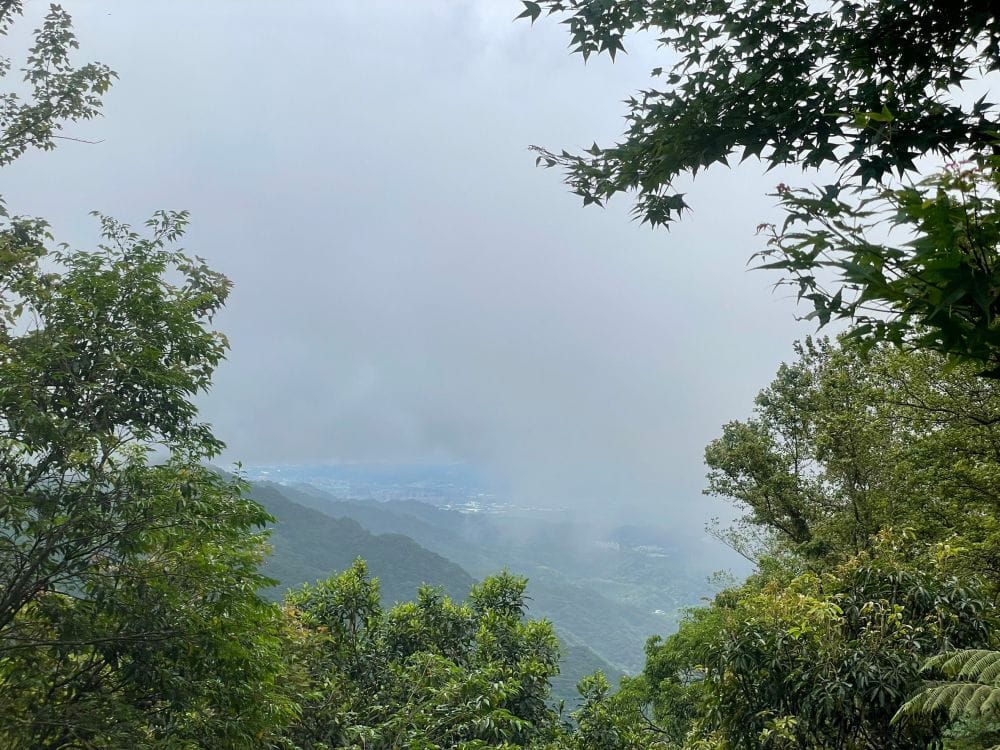
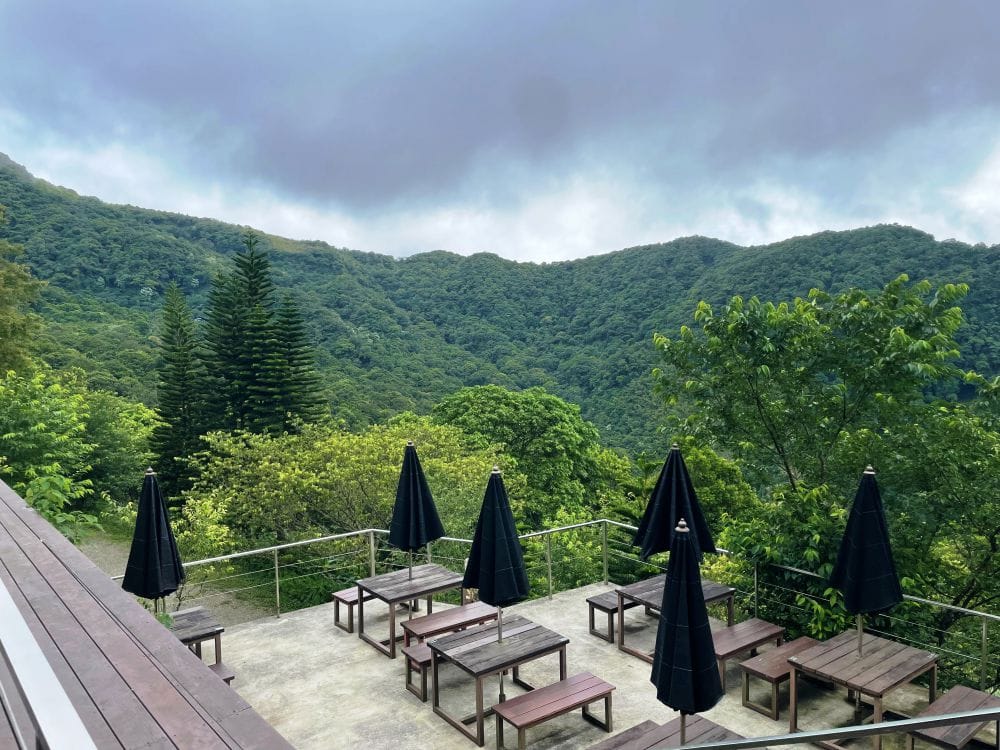
Despite the green trees blocking the view, the visibility remains good. On rainy days, when looking down from Xiong Kong Mountain, the contours appear both hazy and clear. When observed up close, the surrounding mountains are exceptionally vivid.
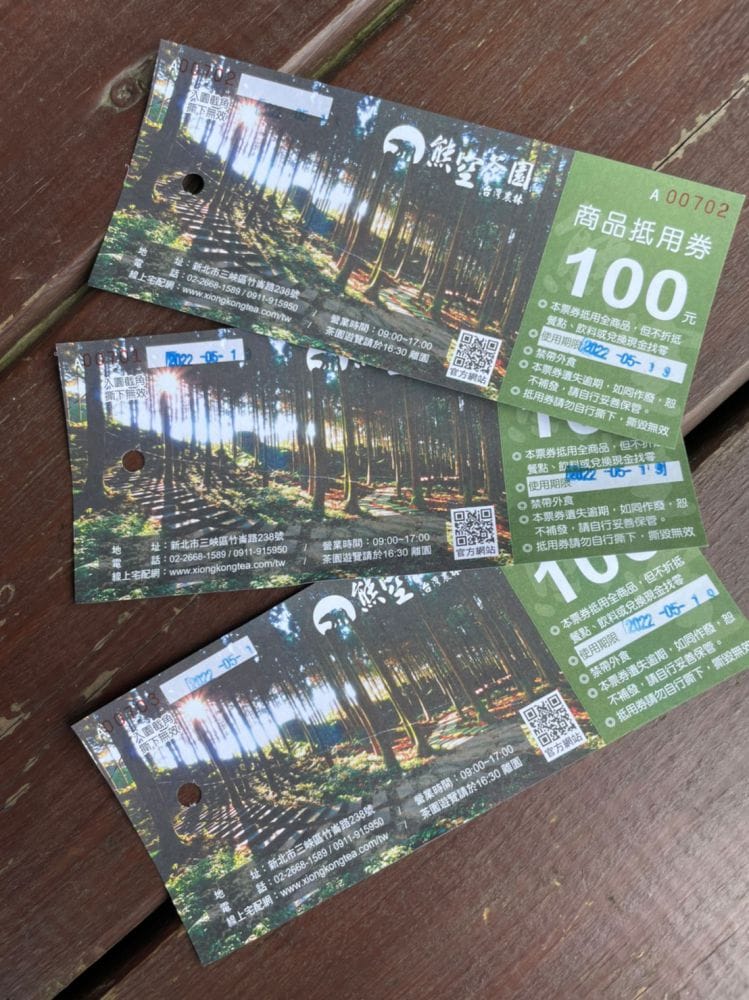
All visitors head to the service center counter to purchase tickets. We came during regular hours on a Thursday, and after noon, there were hardly any people. The three tickets for $300 can be offset against expenses. Initially, we planned to buy some red tea to take home, so overall, touring the tea plantation turned out to be quite cost-effective.
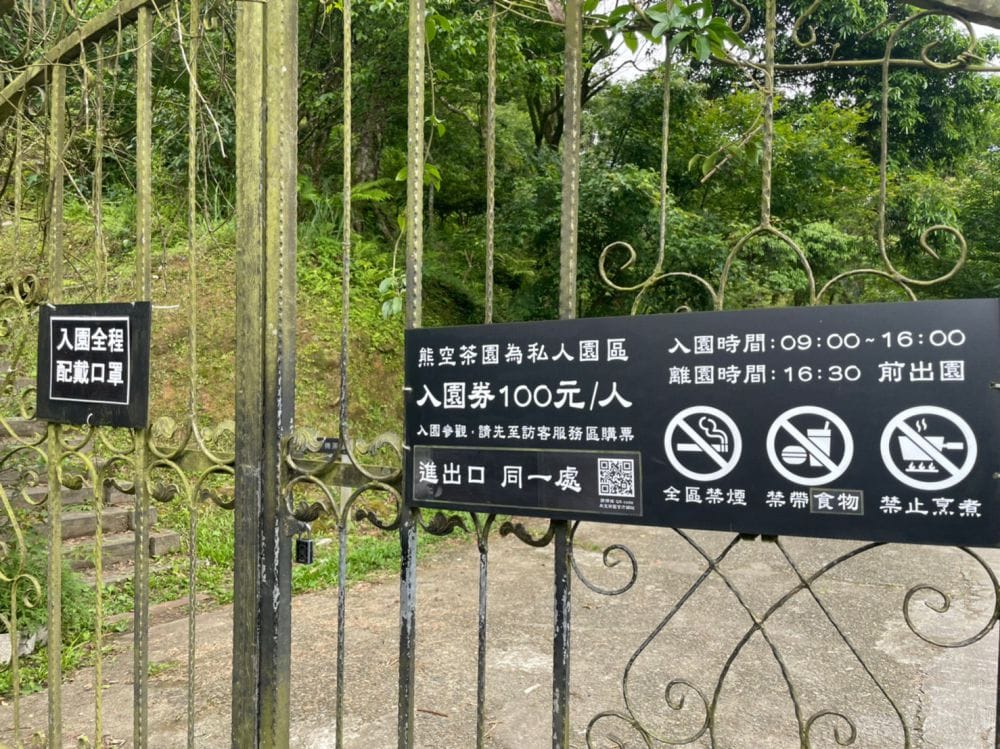
Visitors, after purchasing your tickets, the iron gate will open, allowing you to freely enter the tea plantation. However, there are a few important guidelines to follow:
.No outside food allowed: Please refrain from bringing food into the park.
. No open flames: Avoid lighting fires or using gas stoves anywhere within the park.
. No smoking: Smoking is prohibited on all platforms and gathering areas within the park.
. Respect nature: Dispose of trash responsibly, and carry any non-park-related waste back down the mountain.
. Enjoy your visit and take care of the beautiful surroundings! 🌿
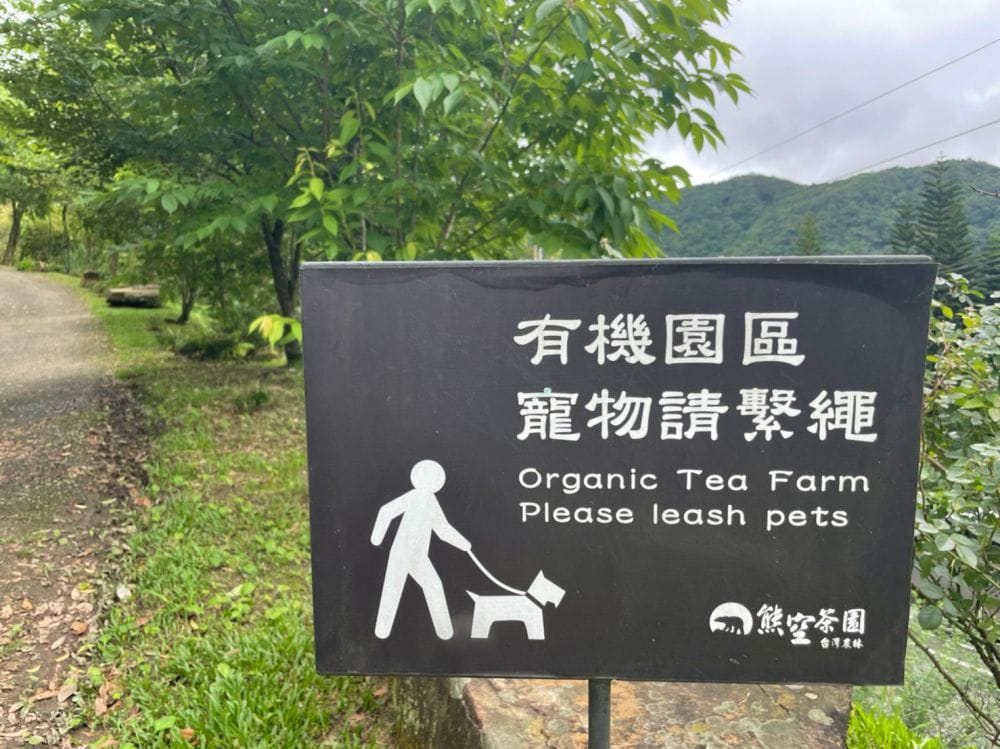
Pet owners, when entering the organic park area (including tea plantations, orchards, vegetable gardens, and bamboo groves), please keep your pets on a leash or use a dog cage. Also, ensure that your pets do not run freely within the park. 🐾
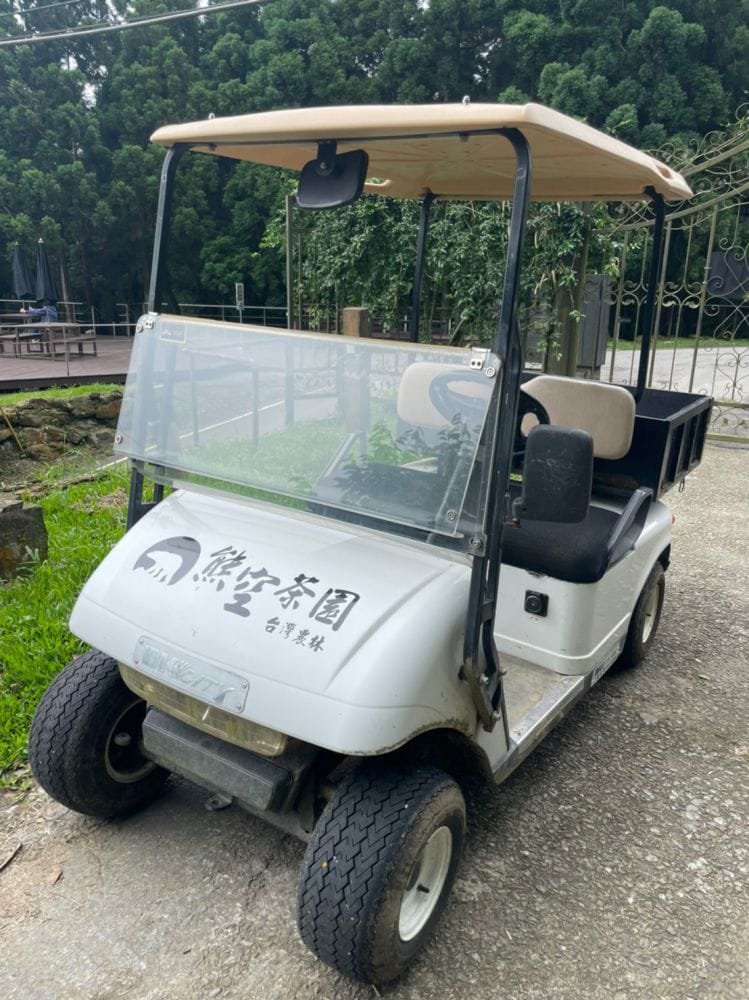
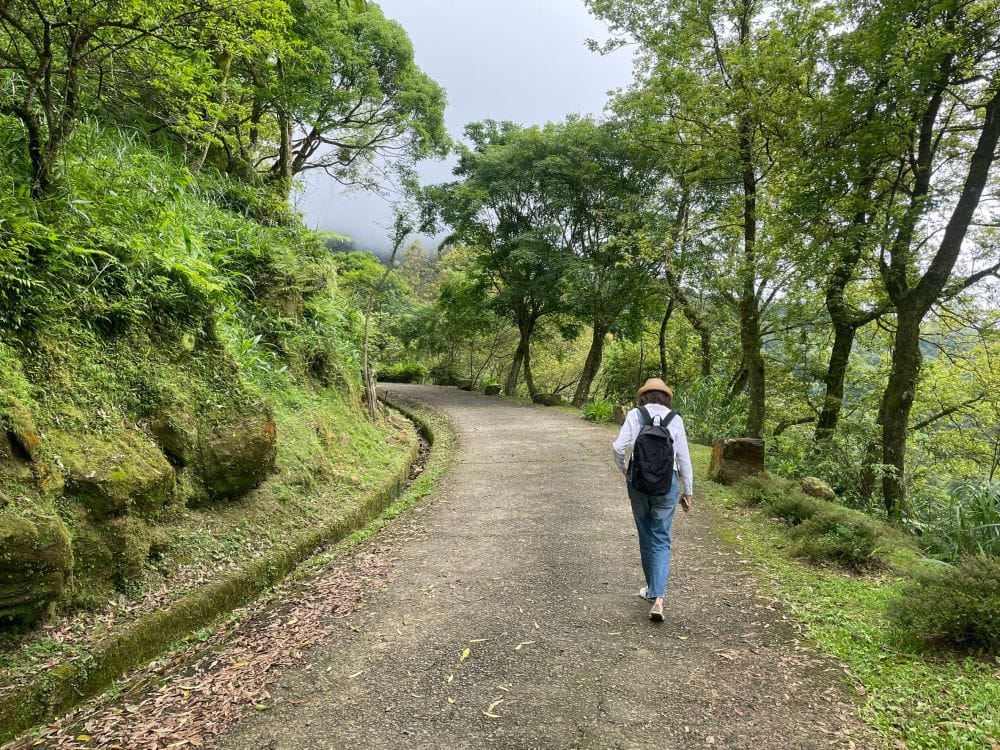
The atmosphere here is incredibly tranquil, especially on weekdays when there are hardly any people. Lush greenery surrounds you in every direction.
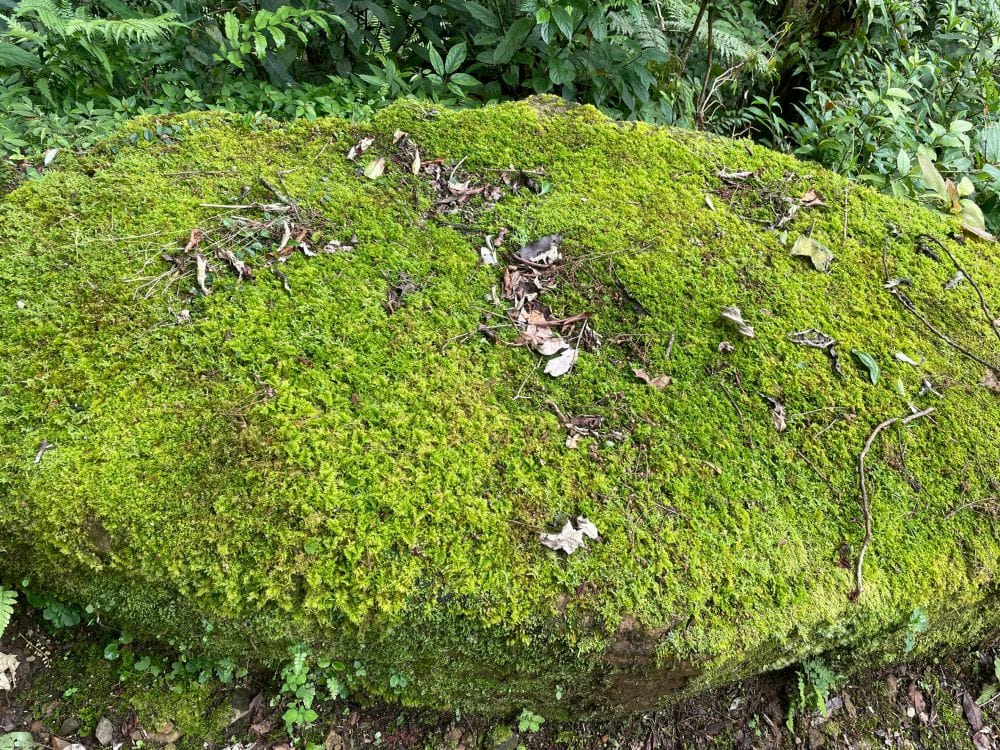
Natural mosses cling to the peculiar rocks, creating a lush green and yellow cushion. It’s like a seat woven by nature itself. 🌿
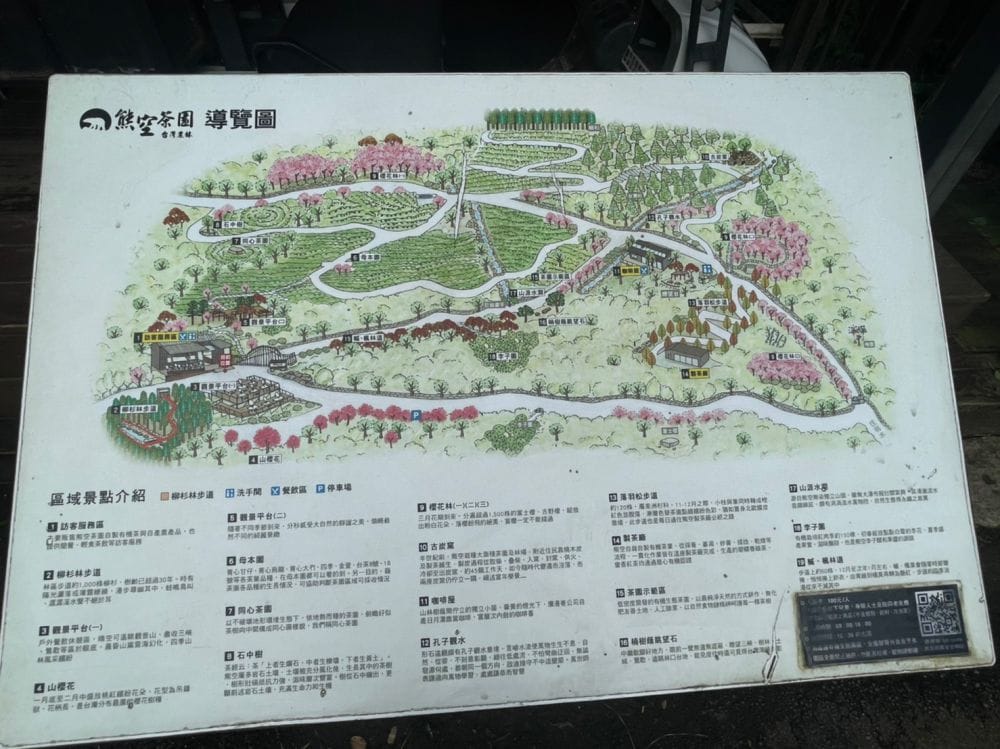
In spring, the tea plantation is adorned with peach blossoms and mountain cherries, dancing in the spring breeze, creating a riot of beauty. In autumn, amidst crimson maple leaves, the mountain landscape becomes an endless poem. In late winter, the ever-changing scenery delights—sometimes a whole day of warm sunshine brings happiness, and during cold snaps, surprising snow blankets the mountaintop.
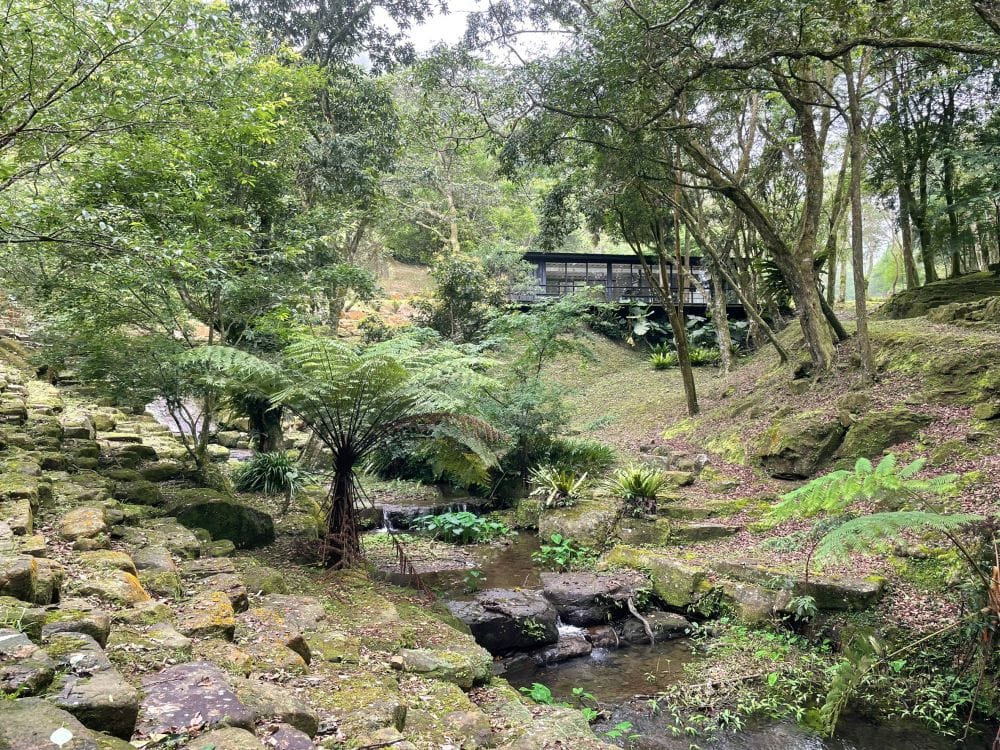
In summer, everything comes alive amidst lush greenery. You can often see butterflies emerging from their cocoons, dragonflies skimming the water, and fireflies twinkling like stars at night.
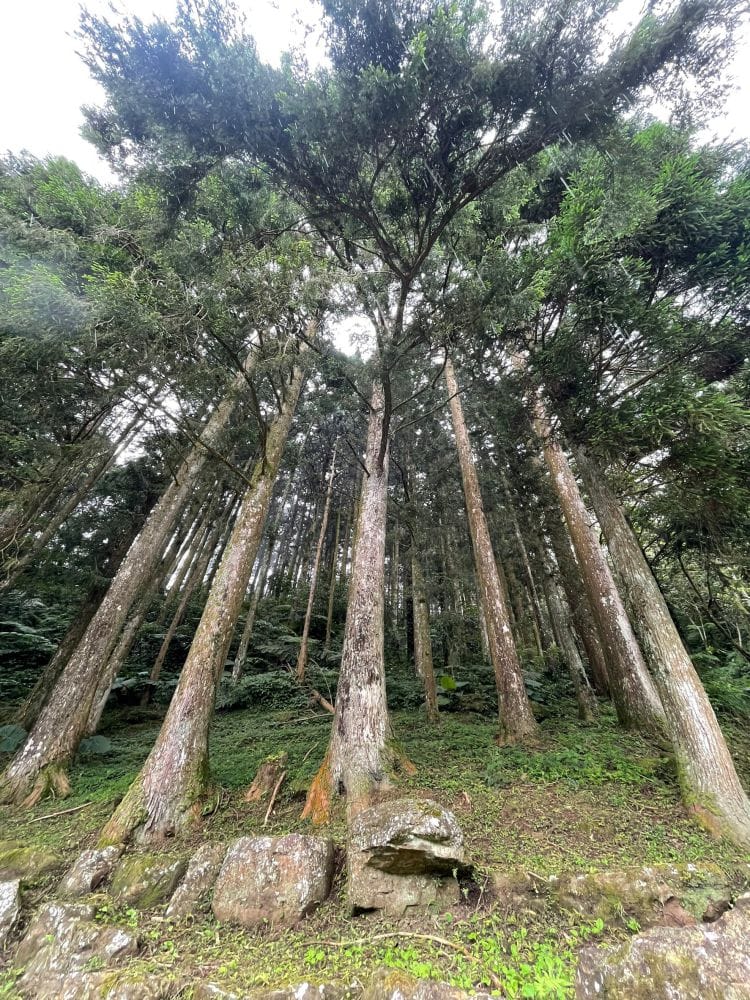
Taiwan is home to a diverse ecosystem that includes tree frogs, stag beetles, and Formosan macaques.
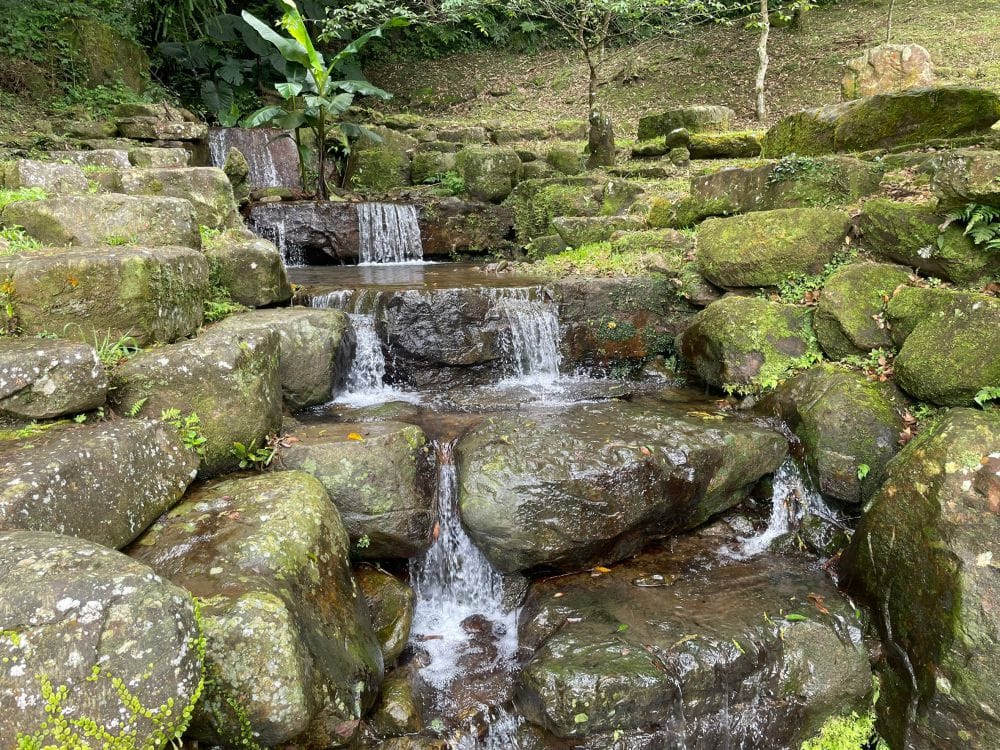
Here, besides experiencing the serene beauty of nature moment by moment, you can also fully appreciate the passion and dedicated efforts of Taiwan’s agriculture and forestry in maintaining a high-quality ecological environment.
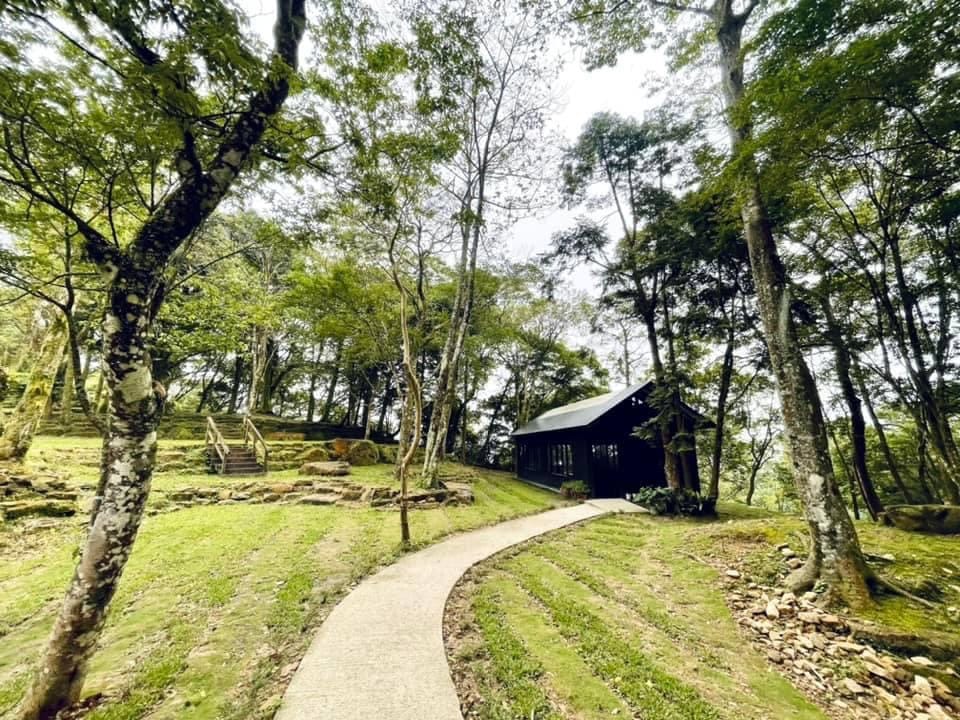
Amidst the forest and shaded by trees, there stands a quaint little cabin. It’s a unique café within a tea garden, and its architecture is distinctly Japanese.
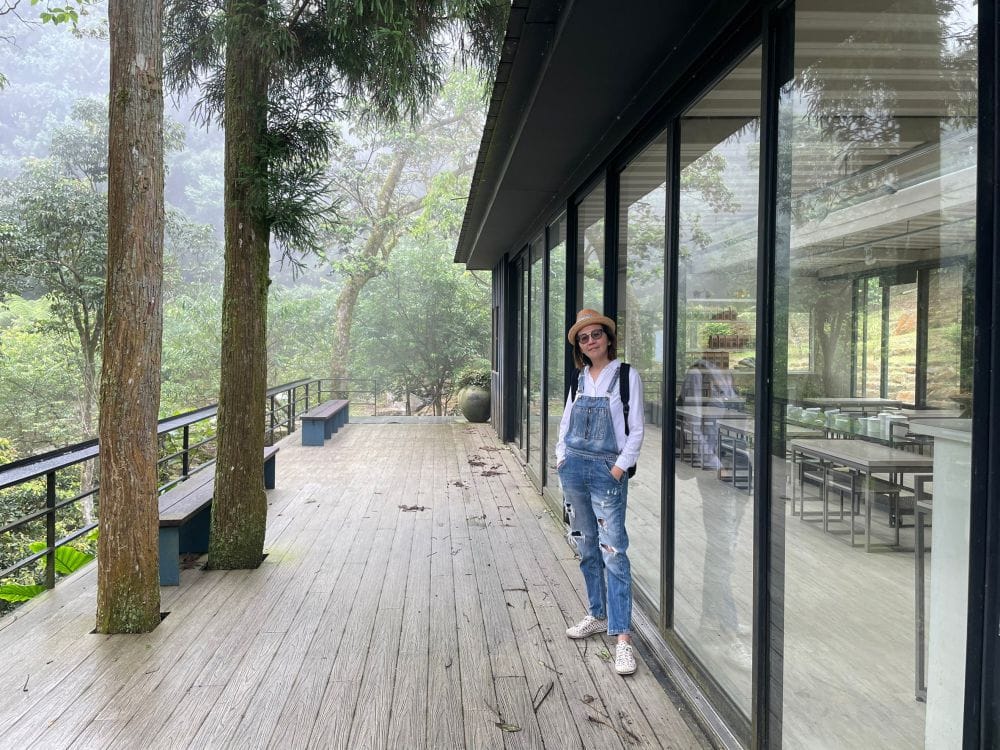
Behind the small wooden cabin, there’s a row of beech wood flooring. Not only are there towering trees, but it’s also an excellent spot for photography—a picturesque corner with a Japanese forest vibe.
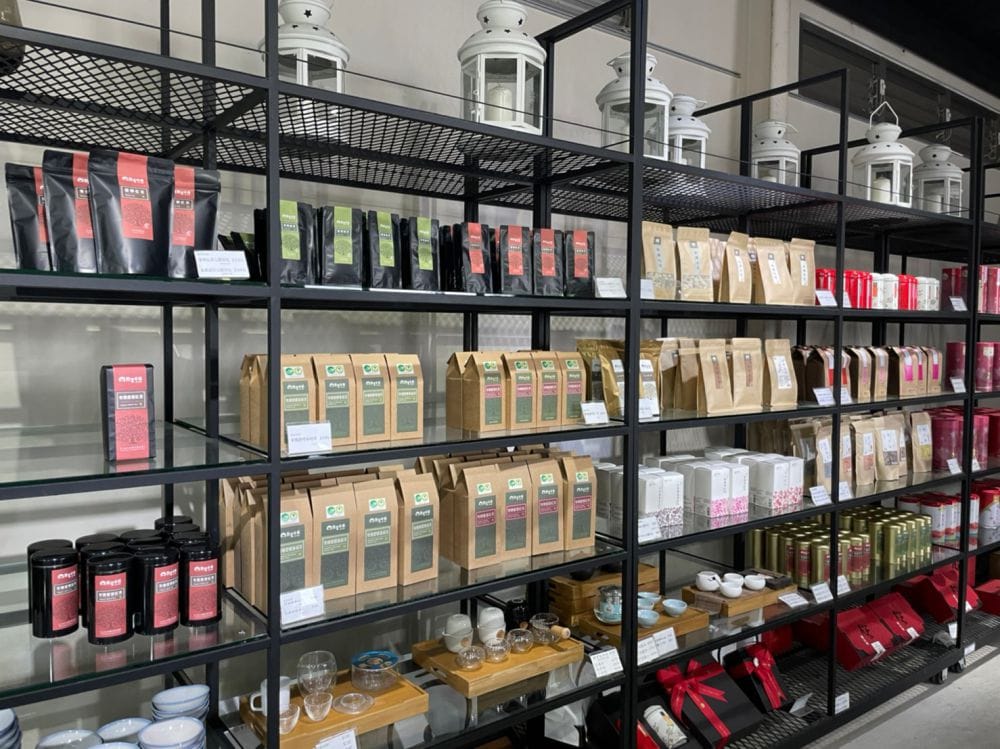
Under the warm glow of yellow lights, there’s a delightful aroma of locally produced Sun Moon Lake Lu Gao coffee filling the air. The coffee has a rich and subtle flavor. Besides serving coffee, this place also offers various Taiwanese forestry-managed teas.
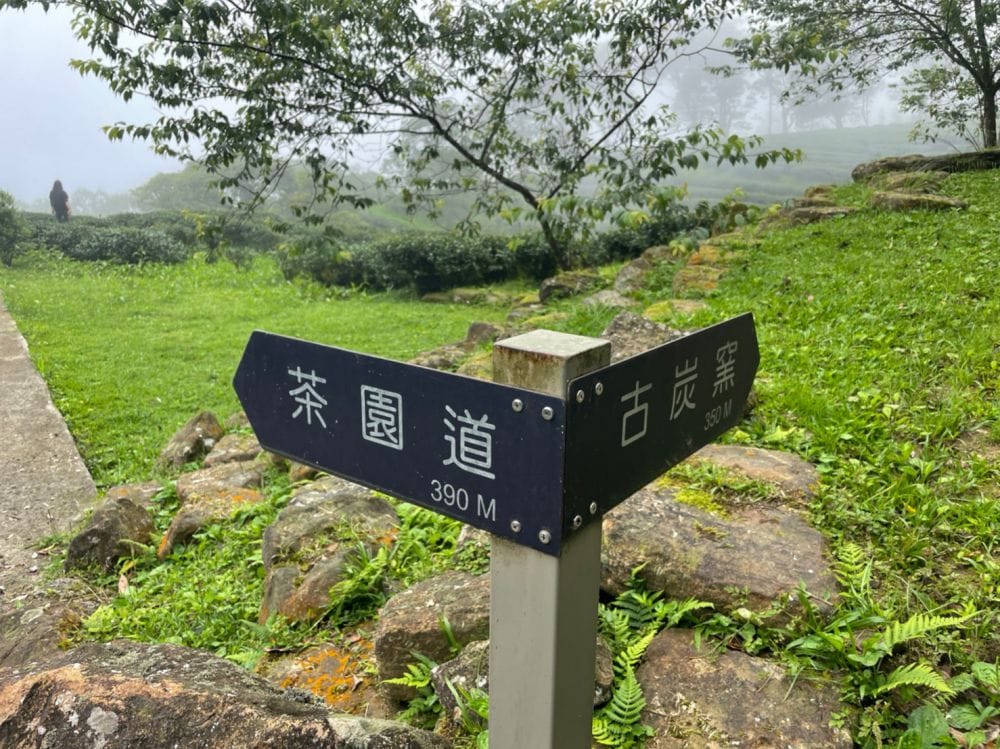
At this crossroads, the intertwining paths connect the ancient charcoal kilns of the past to today’s green pathways. It’s also a witness to the flourishing of Taiwanese tea culture.
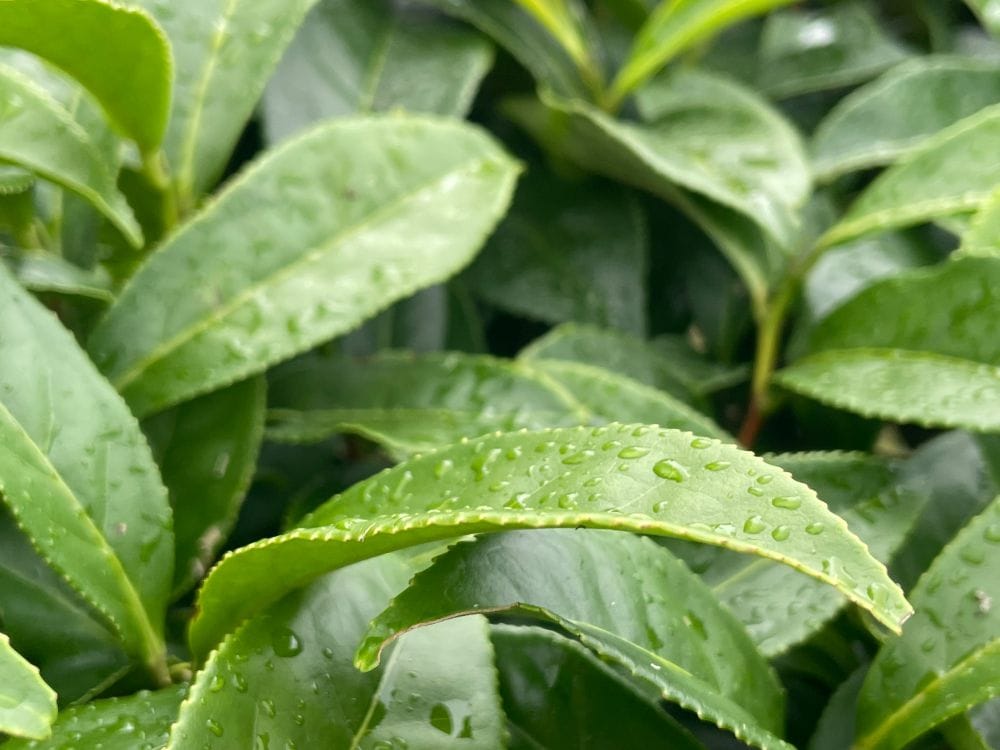
In the organic tea garden, they use natural farming methods to restore the land. Here, every tea tree grows naturally without chemical fertilizers or pesticides. They’ve abandoned mechanization, opting for manual processes—from planting and fertilizing to pest control, harvesting, and tea production
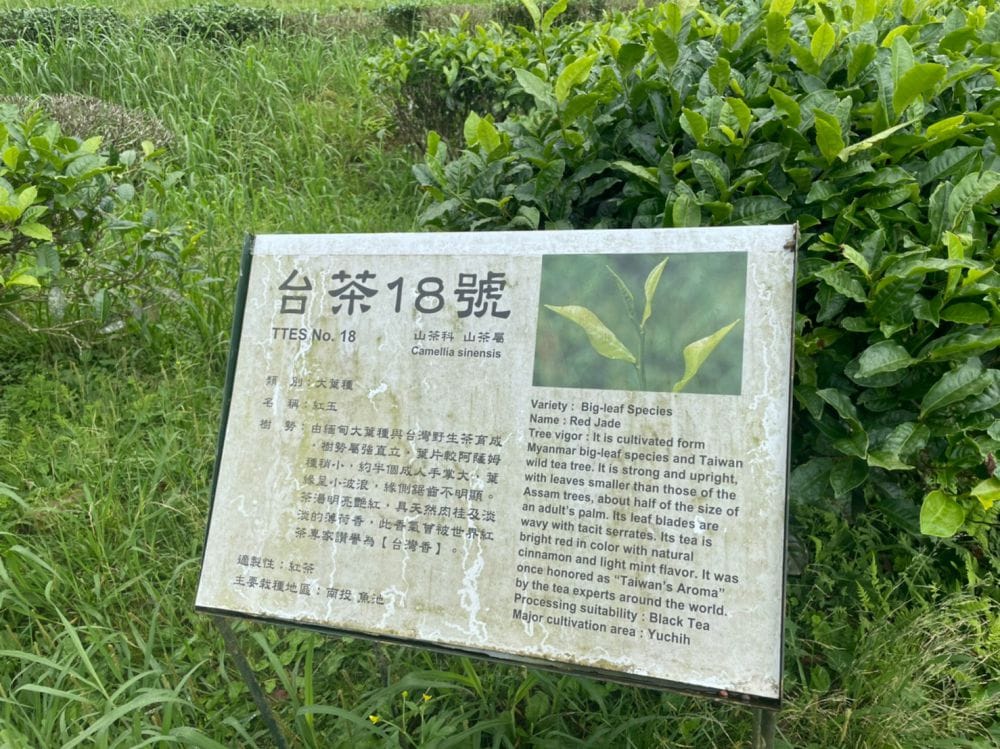
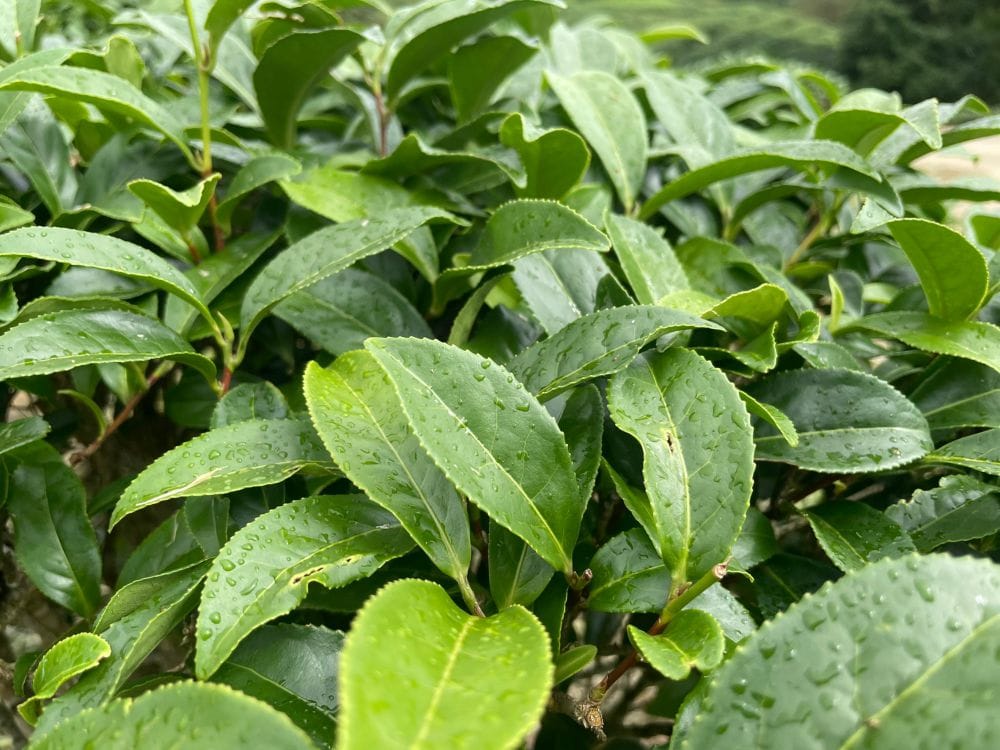
Because they practice organic cultivation throughout, the land reciprocates by yielding the healthiest and most natural crops—such as organic Bi Luo Chun green tea, organic oolong tea, and organic honey-scented black tea. Not only are they pure in quality, but they’ve also passed the Cixin Organic Certification. The delicate and enchanting tea aroma, along with its lingering sweetness, ensures that every sip consumers take is of naturally pristine and excellent tea.
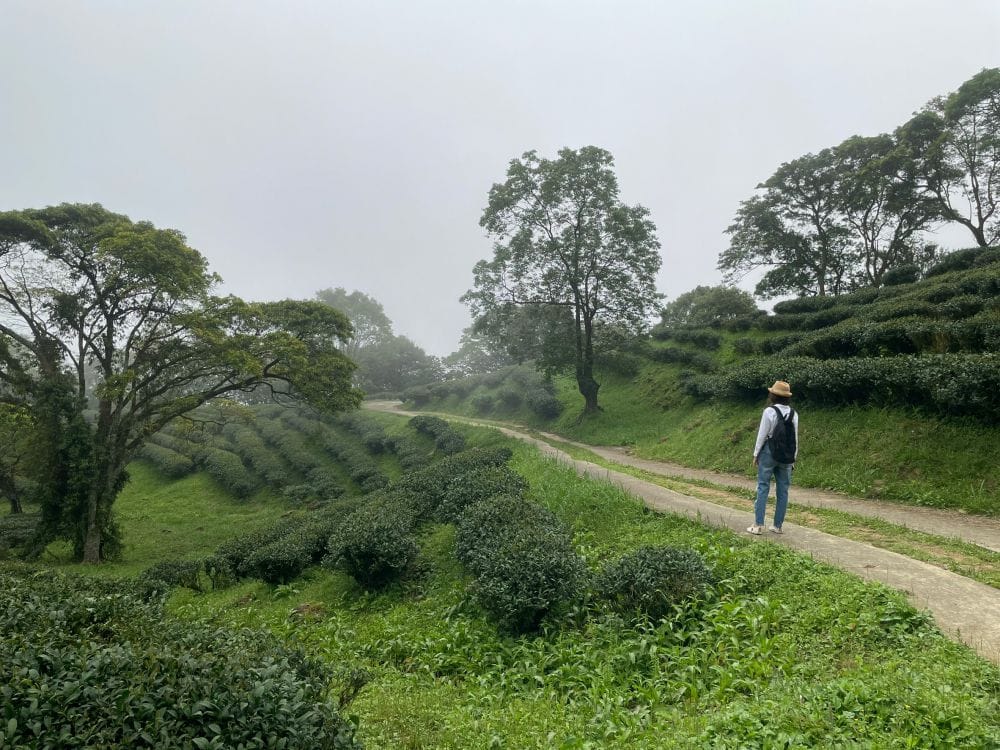
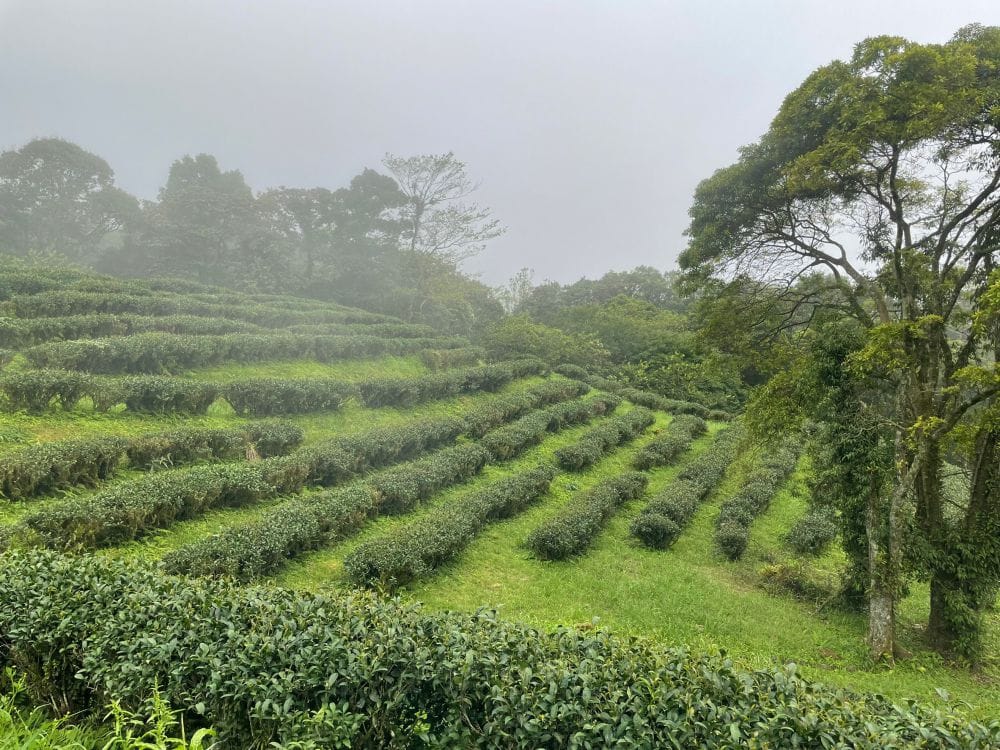
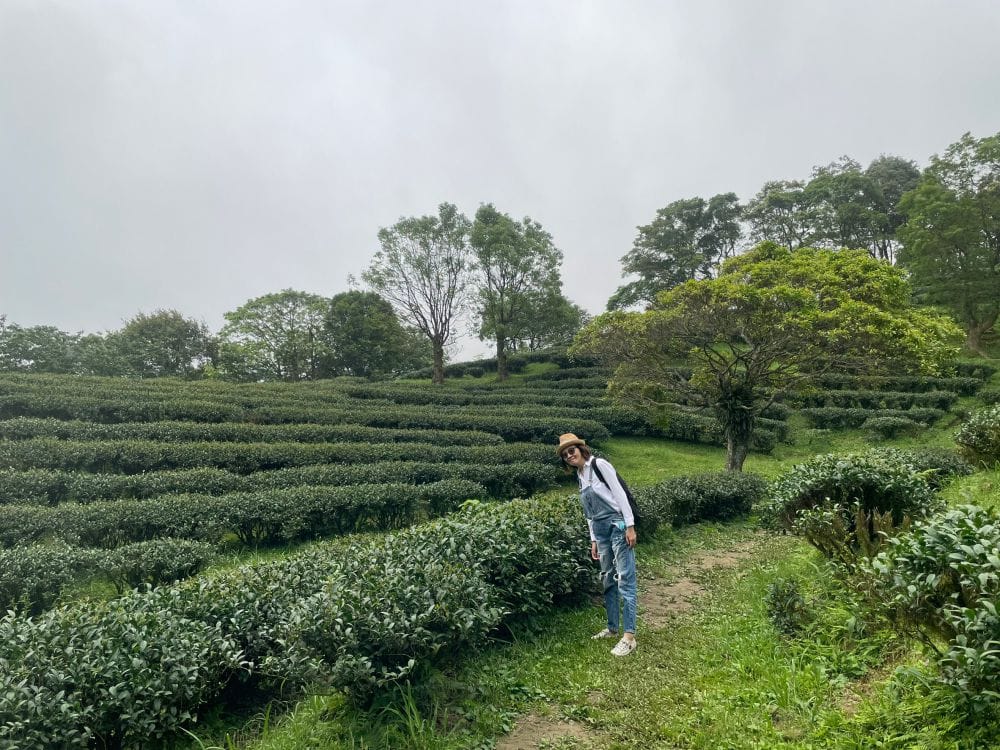
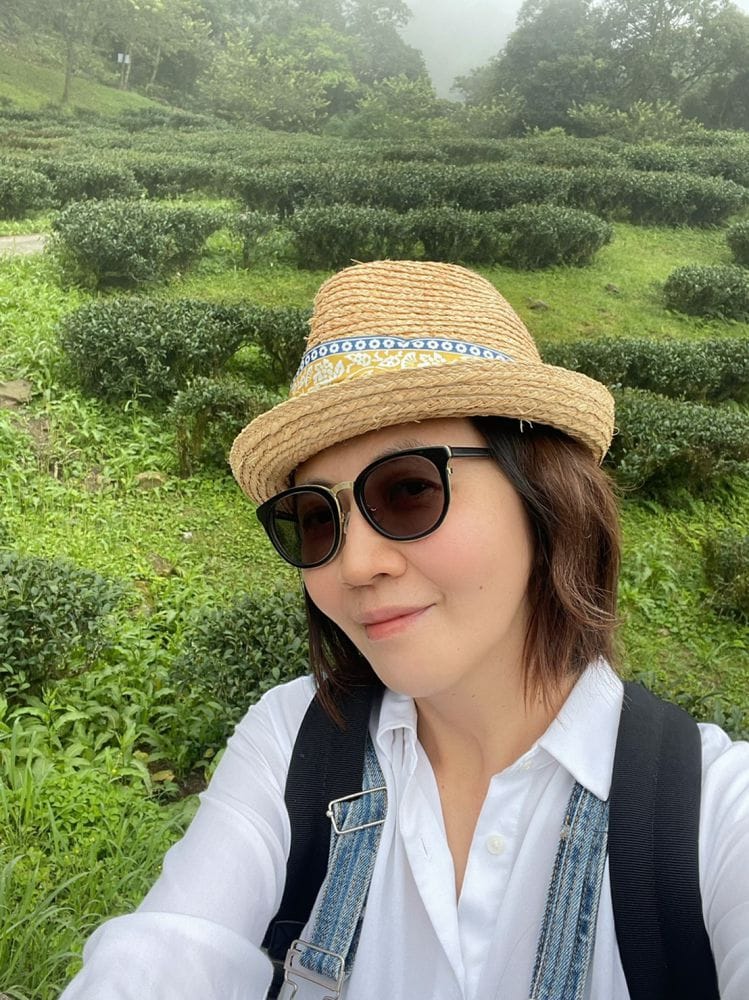
It’s a great place for scenic views, and it looks beautiful for selfies! I’ve been walking around the entire tea garden for about 40 minutes. Next, I plan to return to the service area’s tea room to buy some souvenirs.
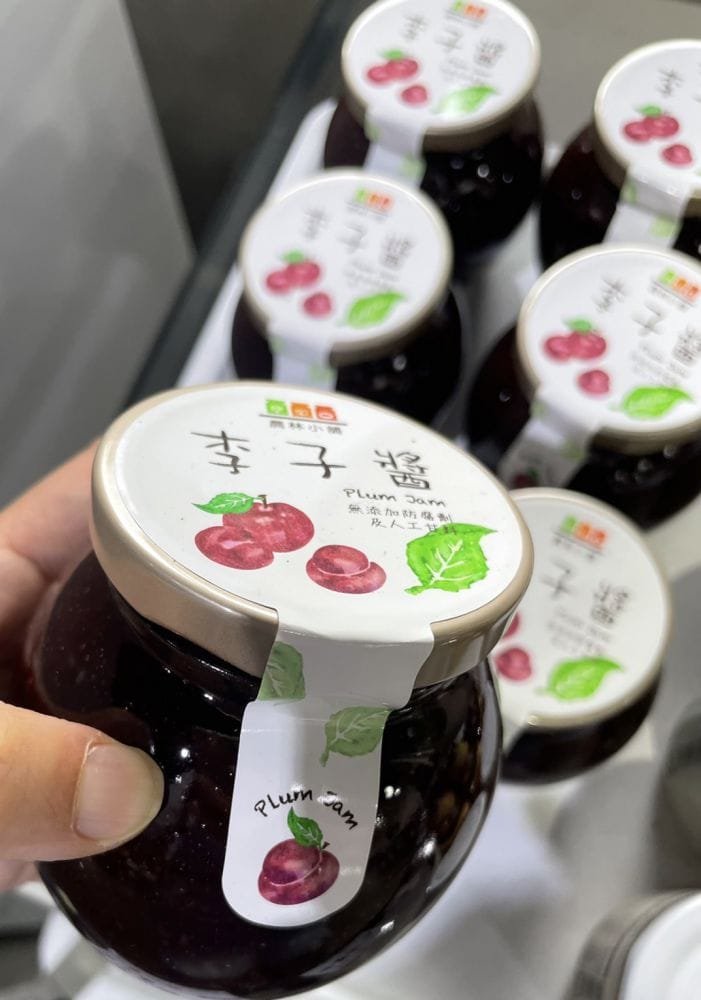
If you visit during early summer, it’s the peak season for red plums. These plums have a unique aroma and their thick, juicy flesh is used to create excellent organic plum wine, plum jam, and plum vinegar—popular seasonal products here.
